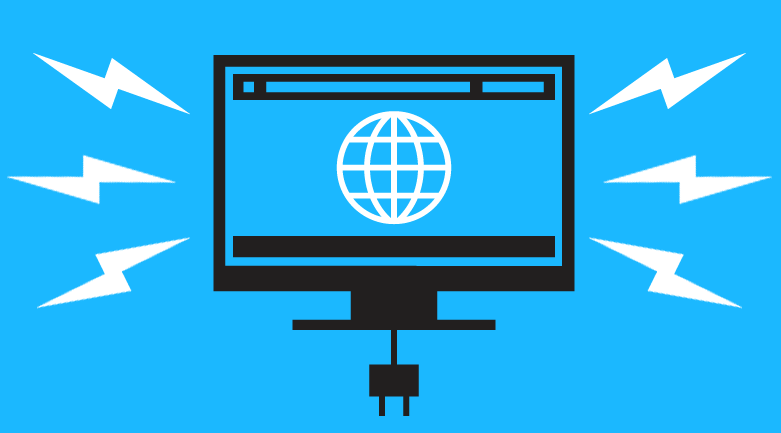
A Net Neutrality Win --- and a Potential Blow to Privacy
Appropriations bills are meant to determine funding for government agencies. But members of Congress have increasingly used these must-pass spending bills to sneak in controversial riders that might not survive an actual debate.
While we were successful in keeping out language that would have undermined the FCC’s historic vote to protect Net Neutrality, dangerous language that will increase government surveillance was included in the budget bill introduced late last night.
First, the good news.
Thanks to the tens of thousands of Net Neutrality supporters who contacted their members of Congress over the last couple of weeks, it looks like dangerous anti-Net Neutrality measures are no longer in a spending bill that needs to pass this week.
The final vote hasn’t happened yet — and we must remain vigilant. But all of the activism has made a huge difference.
“Thousands of Net Neutrality supporters called their members of Congress to say that this must-pass spending bill should not mess with the rights of Internet users,” said Free Press Policy Director Matt Wood. “As has been the case so many times in the past year, people’s voices can still make a difference in Washington, especially when the open Internet is at stake.”
And now the bad news.
Buried within the spending bill’s roughly 2,000 pages is the privacy-killing CISA legislation. Varying versions of this so-called “cybersecurity” bill have passed both the House and the Senate and the chambers were on track to settle the differences. But instead of following standard procedures, leadership decided to fast-track the bill by attaching it to the budget.
Supporters claim that CISA will enhance our national security by allowing for greater sharing of “cyber-threat” information while also protecting our personal information online. But in reality CISA is yet another invasive government-surveillance measure. It encourages companies to monitor users and share our personal data with the government. In exchange, companies receive legal immunity from existing anti-surveillance laws, eliminating user-privacy safeguards.
And to make matters worse, the newly negotiated version is even more dangerous than the previous bills.
Privacy advocates, computer-security experts and public interest groups spanning the political spectrum all oppose CISA. It should not be forced through Congress hidden inside a funding bill.
We’re glad to see that Congress listened to the American people and left Net Neutrality out of the funding bill. Now we must stand up for our privacy rights.
Pick up the phone: Tell Congress to strip CISA from the budget bill.